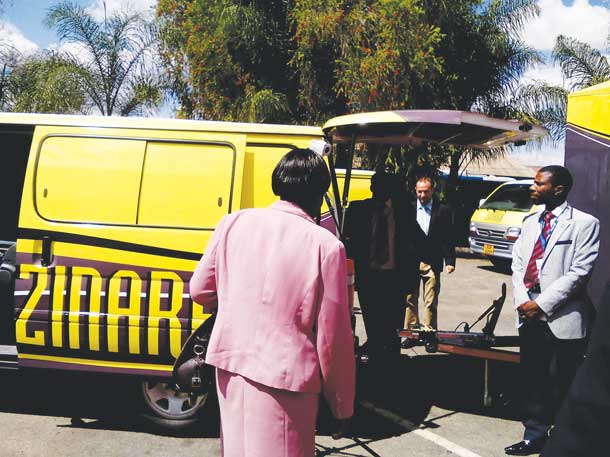
The Zimbabwe National Road Administration (Zinara) has approached the High Court challenging a section of the Labour Court Act, which empowers labour officers to convict an employer or any other person of having committed an unfair labour practice.
BY CHARLES LAITON
Zinara filed a court application for a declaratur last month after a labour officer identified in court papers as J Likwesa ruled in favour of Progress Muleya, a former Zinara cashier, who was dismissed in 2015.
The parastatal’s application came after Muleya had approached the labour officer seeking quantification of damages, claiming Zinara had refused to reinstate him in contravention of the ruling by the labour officer.
The labour officer summoned Zinara to finalise the employment dispute and ensure that Muleya was adequately compensated, but the road authority declined to comply and instead approached the High Court for recourse.
“This is an application for a declaratur, wherein the applicant (Zinara) seeks an order declaring that it is not obliged to comply with first respondent’s (Likwesa) ruling before same is confirmed by the Labour Court in terms of section 93(5)(a) and (b) of the Labour Act as amended and other ancillary relief,” Zinara’s lawyer, Tafara Goro, said in his founding affidavit.
“I submit that section 93(5)(c) of the Labour Act gives labour officers powers to make a finding that the employer or any other person is guilty of an unfair labour practice or that a dispute of a right or unfair labour practice must be resolved against the employer or any other person in a specific manner by an order directing the person to cease or rectify the infringement or threatened infringement including payment of monies or for damages for any loss or prospective loss caused either directly or indirectly as a result of infringement or threatened infringement as the case may be.”
Goro said in Zinara’s case, the labour officer had not made an application for confirmation of her ruling to the Labour Court, but Muleya was still requesting his former employer complies with the dictates of the ruling.
- Chamisa under fire over US$120K donation
- Mavhunga puts DeMbare into Chibuku quarterfinals
- Pension funds bet on Cabora Bassa oilfields
- Councils defy govt fire tender directive
Keep Reading
He further said by calling parties for quantification, it was clear Likwesa and Muleya were of the view that Zinara had failed, refused or neglected to reinstate Muleya and, therefore, should pay him damages as an alternative to reinstatement.
“It is, therefore, clear that the above situation paints contrasting rights and interests of parties. This court is, therefore, called to pronounce the correct position of the law and the respective rights and obligations of the parties in accordance with the dictates of section 93(5) of the Labour Act,” Goro said.
“This is not the first case in which the applicant faced the same problem in relation to the interpretation and the manner in which the provisions of the amended section 93 (5) of the Labour Act have been applied. The confusion requires this court to pronounce the correct position of the law … I say so because labour officers are surrogating themselves powers that they do not have.”
The matter is yet to be set down for hearing.











